Gynecomastia Surgery
At North Raleigh Plastic Surgery, we understand that gynecomastia, the condition characterized by enlarged male breasts, can significantly impact self-confidence and quality of life. Our dedicated team of experienced plastic surgeons in Raleigh is committed to providing tailored solutions to address this concern and help you achieve the masculine chest contour you desire.
Whether you’re considering male breast reduction surgery for cosmetic reasons or to alleviate physical discomfort, we’re here to support you every step of the way.

Definition of Gynecomastia Surgery
Gynecomastia surgery, also known as male breast reduction surgery, is a surgical procedure aimed at reducing the size of enlarged or overdeveloped breast tissue in men. Gynecomastia is a condition characterized by the growth of glandular tissue in the male breast, leading to a feminine-like appearance.
This surgery involves the removal of excess glandular tissue and, in some cases, excess skin and fat, to achieve a flatter and more masculine chest contour. Gynecomastia surgery can help improve self-confidence, alleviate physical discomfort, and restore a more masculine chest appearance.
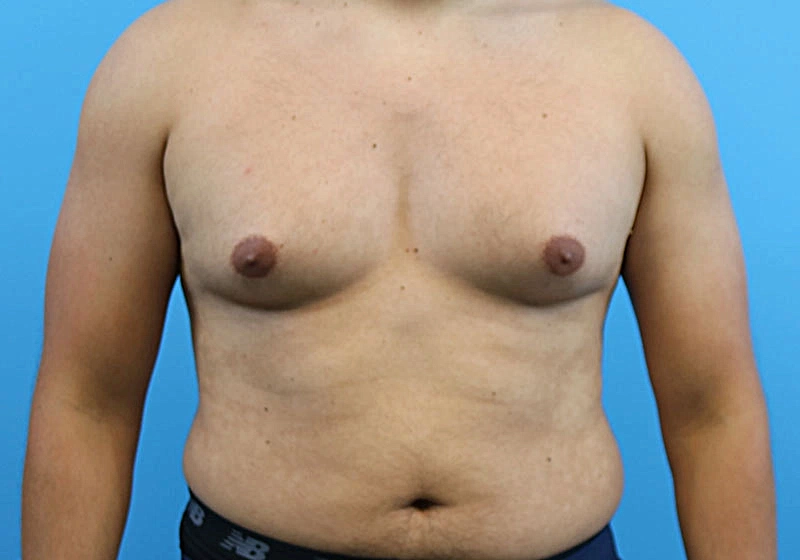
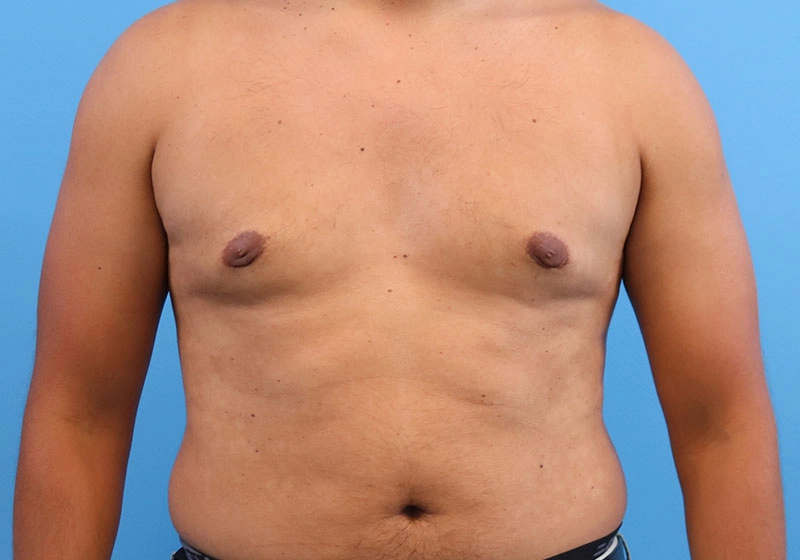
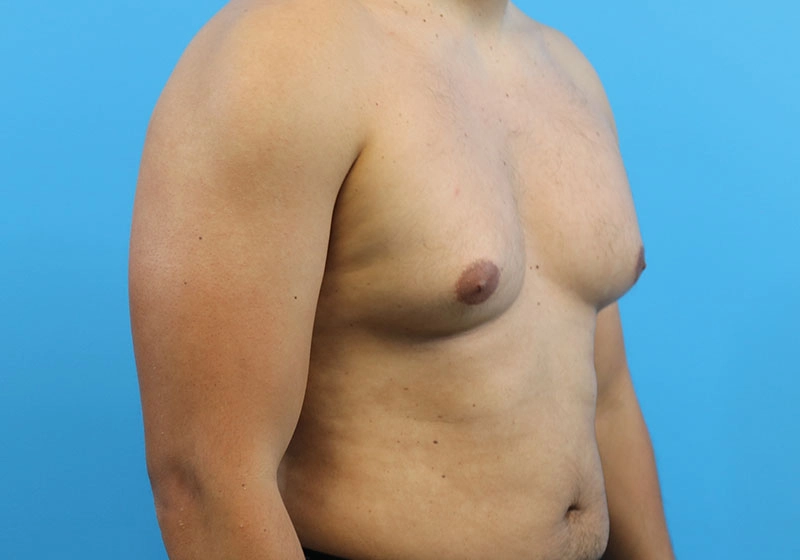

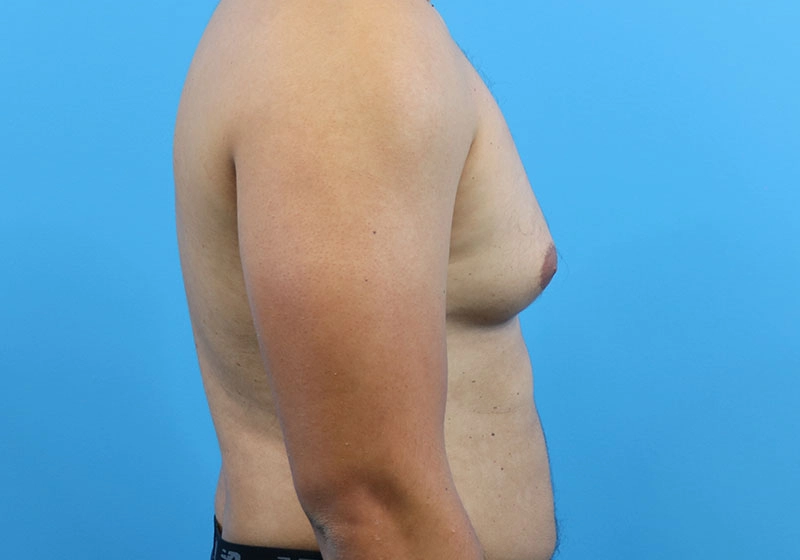
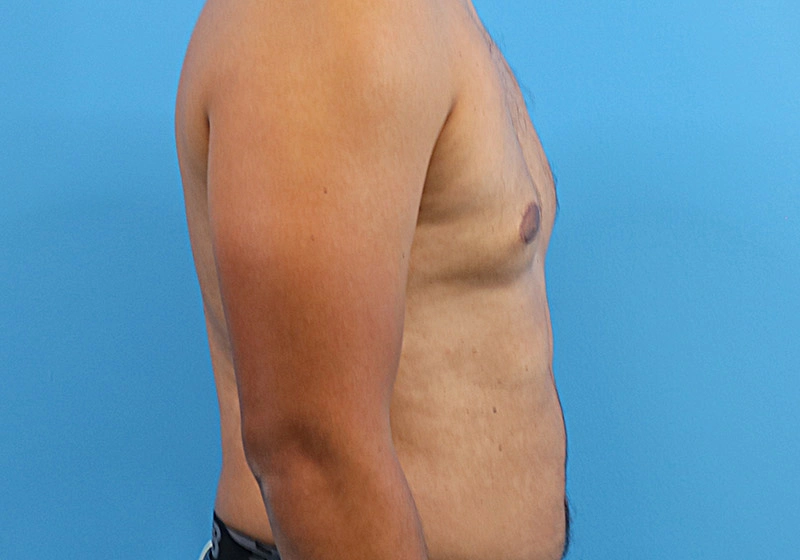
Causes of Gynecomastia
Gynecomastia, the development of enlarged breast tissue in males, can result from various underlying causes. Understanding these factors is crucial in determining the appropriate treatment approach.
Here are some common causes of gynecomastia:
- Hormonal Imbalance: Hormonal imbalances, particularly an increase in estrogen relative to testosterone levels, can trigger the growth of breast tissue in men.
- Puberty: During puberty, hormonal fluctuations commonly occur, often resulting in temporary gynecomastia.
- Medications: Certain medications can disrupt hormonal balance and contribute to the development of gynecomastia. These may include anabolic steroids, anti-androgens used in prostate cancer treatment, some antidepressants, anti-anxiety medications, and certain drugs used to treat heart conditions.
- Health Conditions: Various health conditions can predispose individuals to gynecomastia. These may include thyroid disorders, liver disease, kidney failure, and tumors of the pituitary gland or adrenal glands.
- Aging: As men age, testosterone levels tend to decrease while estrogen levels may remain relatively stable or increase.
- Genetics: There may be a genetic predisposition to developing gynecomastia, as certain families may have a higher incidence of the condition.
- Weight Gain: Excess body fat can lead to an increase in estrogen production, contributing to the development of gynecomastia.











